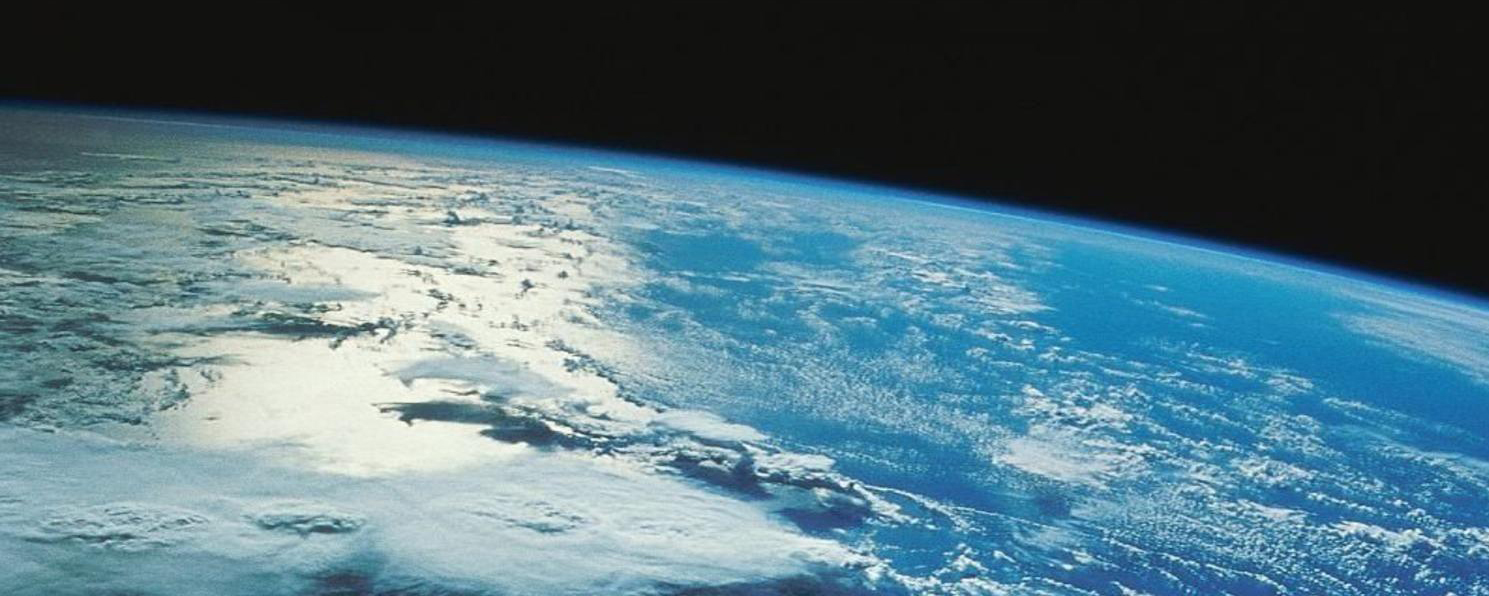



Other planets (Mars or Pluto, for instance) are warming, and there aren't people there!
In response to the warming of other planets in our solar system such as Mars and Pluto, these claims are completely bogus. First and foremost, I will acknowledge the fact that Mars and Pluto are currently warming but I will explain the reasoning as to why the current warming of these planets cannot lead to conclusive evidence that the solar system is just going through a ‘warming period’. Planetary orbits are elliptical, meaning that there are times when planets are closer and further away from the Sun. For Mars, variations in orbit are five times greater than Earth’s orbit, leading to greater changes in climate. Additionally, Mars has no oceans and a very thin atmosphere, meaning that its climate is much more easily affected by outside sources. Finally, we have no data about Mars climate before 1970s, which means that with the current data we have, it is unreasonable to draw any conclusions about trends and outliers of Mars’ climate. As for Pluto, its existence has only been known for about a third of its 248-year orbit, making it unreasonable to draw any conclusions about its climate. Making conclusions about Pluto’s climate is equivalent to making conclusions about Earth’s climate after observing just three weeks out of the year. In conclusion, Earth is fundamentally different than other planets in our solar system due to the presence of life and we are one of the driving causes of change. It is hard to ignore the effects that we have had on Earth and that simply by being, we end up changing our planet.
Contributed by: Kyle Nguyen, Nathan Kwon, Kashif Rahman